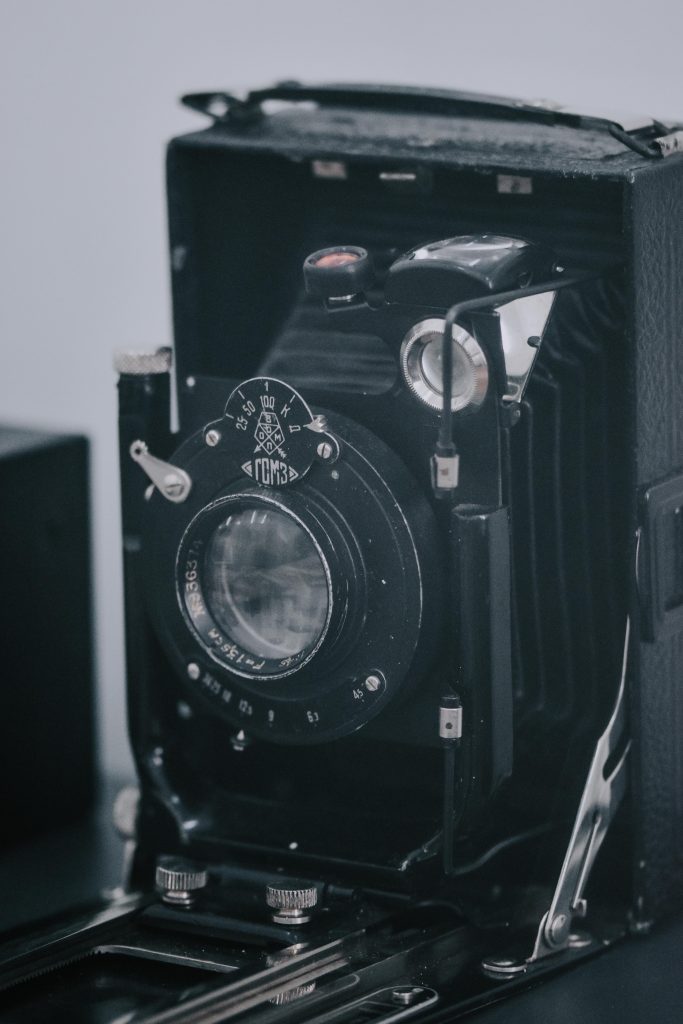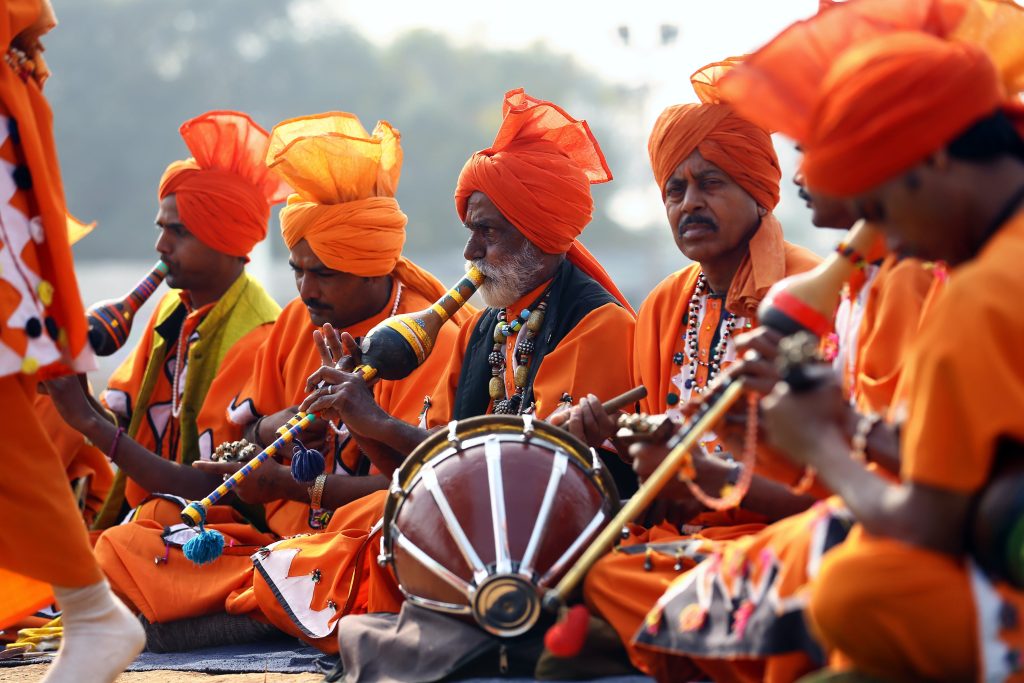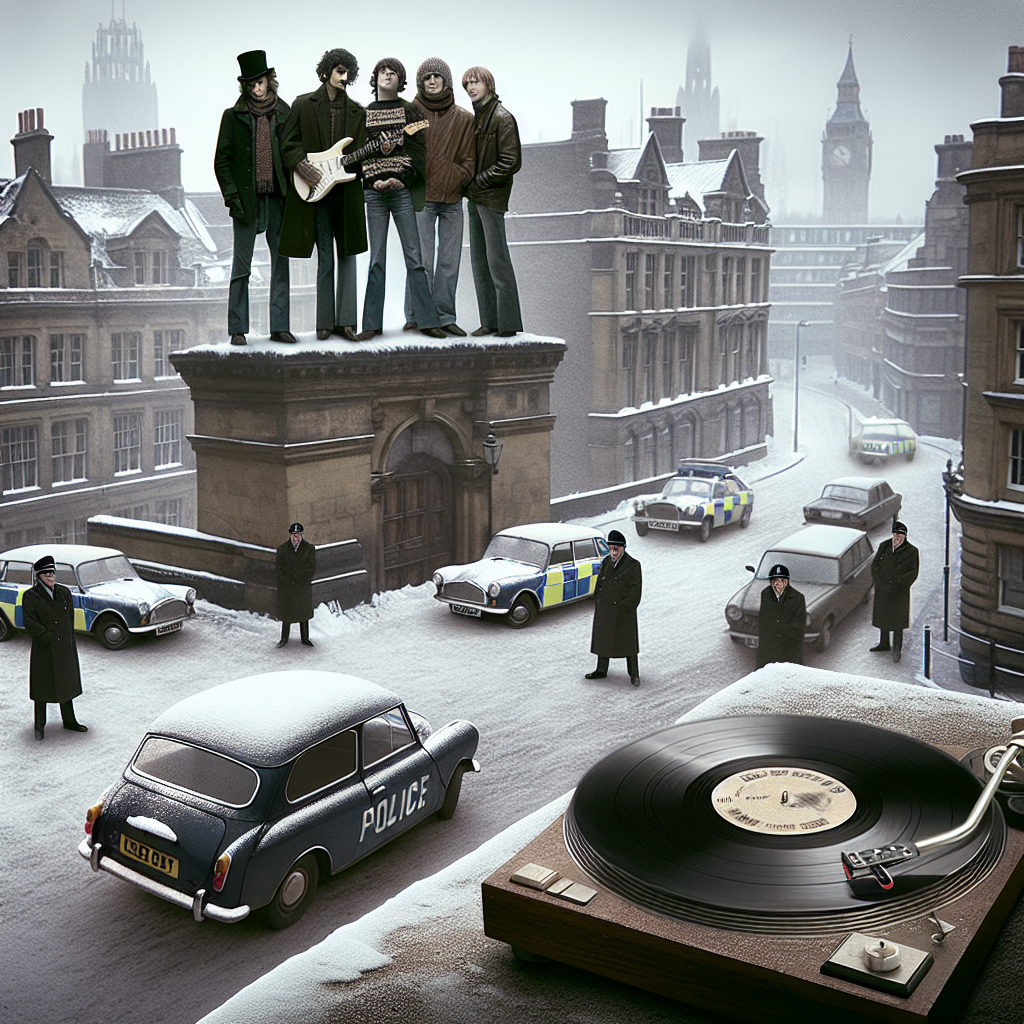Picture this: it’s January 30, 1969, a chilly winter day in London, and you find yourself looking up at a peculiar sight. On the rooftop of Apple Corps headquarters, four iconic figures are playing their hearts out to a surprised and delighted audience. Yes, it’s The Beatles, performing their final rooftop concert. But here’s the burning question: was this impromptu and historic gig actually illegal? Let’s take a closer look at this legendary event and uncover the truth behind the legality of The Beatles rooftop concert.
1. Historical Background
1.1 The Beatles’ Rooftop Concert: A Cultural Milestone
The Beatles’ rooftop concert is widely regarded as a cultural milestone in the history of music. This iconic event took place on January 30, 1969, when the Beatles, the world-renowned British rock band, decided to surprise the public by performing on the rooftop of their own record company’s building in London.
1.2 Location and Date of the Concert
The concert took place at the Apple Corps building located at 3 Savile Row, London. This unique choice of venue added to the allure of the event and created an extraordinary atmosphere for both the band and the crowd. With their amplifiers situated on the rooftop and the sound echoing through the surrounding streets, the Beatles embarked on a musical journey that would leave a lasting impact on music history.
2. Noise Complaints and Public Nuisance
2.1 The Impact of the Rooftop Concert on Surrounding Businesses
The Beatles’ rooftop concert had a profound impact on the surrounding businesses in the vicinity of Savile Row. As the sound of their music reverberated throughout the area, businesses faced significant disruptions and potential loss of customers. The unexpected concert drew large crowds, causing congestion and obstructing normal business operations.
2.2 Local Regulations and Noise Limitations
Local regulations and noise limitations played a crucial role in determining the legality and acceptability of the rooftop concert. The disturbance caused by the concert prompted local authorities to explore whether the Beatles’ performance complied with the established standards for noise levels and public nuisance.

3. Permit Requirements for Public Performances
3.1 General Guidelines for Public Performances
Public performances, especially those held in open spaces, often require permits to ensure the safety and well-being of both performers and spectators. These permits outline various guidelines and requirements that must be adhered to in order to obtain legal authorization for the event. The Beatles’ rooftop concert raised questions about whether they had obtained the necessary permits for their impromptu performance.
3.2 Special Considerations for Outdoor Venues
When planning a public performance in an outdoor venue, there are additional considerations to be taken into account. Factors such as noise levels, crowd control, and the impact on surrounding businesses and residents are crucial elements to address. The Beatles’ decision to perform on a rooftop in a highly populated area further complicated the permit requirements, as it posed unique challenges in managing the event and its impact on the local community.
4. Legal Precedents and Applicable Laws
4.1 Precedents for Rooftop Performances
Prior to the Beatles’ rooftop concert, there had been precedents for rooftop performances in different parts of the world. These cases laid the foundation for evaluating the legality of such events and understanding the legal implications they carried. However, due to the extraordinary nature of the Beatles’ concert and the global attention it received, it was essential to examine the relevant laws and regulations specific to the location of the concert.
4.2 Specific Laws Governing Public Entertainment
The legality of the Beatles’ rooftop concert hinged upon the interpretation and application of specific laws governing public entertainment in the jurisdiction where the concert took place. These laws addressed various aspects such as noise limitations, public safety measures, and the acquisition of permits. Analyzing these laws provided insight into whether the Beatles met the legal requirements for their impromptu performance.

5. Police Intervention and Reactions
5.1 The Beatles’ Unexpected Audience
As the Beatles began their rooftop concert, a crowd quickly gathered on the streets below to witness this historic event. Passersby, fans, and curious onlookers flocked to Savile Row, causing a surge in foot traffic that attracted the attention of the police. The unexpected audience added a sense of excitement and chaos to the concert, setting the stage for the subsequent police intervention.
5.2 Police Response and Attempts to Stop the Concert
The noise complaints from surrounding businesses and the growing public disturbance prompted the police to intervene and attempt to stop the rooftop concert. Officers made numerous attempts to halt the performance, requesting that the Beatles cease their playing and vacate the rooftop. Despite these efforts, the Beatles defiantly continued their performance, adding an extra layer of intrigue and rebellion to the event.
6. Ramifications and Consequences
6.1 Aftermath of the Rooftop Concert
Following the rooftop concert, there were significant consequences for both the Beatles and the local authorities involved. The unprecedented nature of the event led to a profound impact on the band’s career and the perception of public performances, leaving an indelible mark on music history. The concert also prompted a reassessment of local regulations and a reevaluation of how public entertainment events were managed in the future.
6.2 Legal Consequences for The Beatles
The legal consequences faced by the Beatles after their rooftop concert were a topic of much debate and speculation. While there were concerns about potential legal repercussions due to noise complaints and violation of permit requirements, no significant legal action was taken against the band. The enduring popularity of the Beatles and the cultural significance of the concert seemed to overshadow any potential legal consequences.

7. Analysis: Was the Concert Illegal?
7.1 Evaluating Permit Compliance
To determine the legality of the Beatles’ rooftop concert, it is essential to evaluate whether the band obtained the necessary permits and complied with the applicable regulations. While it is unclear whether they obtained specific permits for the impromptu performance, the unique circumstances surrounding the event and the lack of concrete legal action suggest that the band’s actions were tolerated, if not officially authorized.
7.2 Examination of Noise Complaints and Public Nuisance
The noise complaints and public nuisance caused by the Beatles’ rooftop concert raise questions about the band’s adherence to established regulations. However, it is important to consider the cultural significance of the concert, the limited duration of the performance, and the absence of any significant damage or harm caused. These factors may have influenced the authorities’ response and the subsequent evaluation of the concert’s legality.
8. The Beatles’ Defense and Justifications
8.1 The Intention Behind the Rooftop Concert
The Beatles justified their rooftop concert as a means of reconnecting with their roots and reclaiming the purity of their music. Their intention was to break free from the confines of traditional venues and engage in a spontaneous performance that transcended the boundaries of a conventional concert. This defense highlighted the band’s desire for creative expression and their belief in the power of music to bring people together.
8.2 The Beatles’ Belief in Spontaneity
A key element of the Beatles’ defense was their belief in the importance of spontaneity and the magic that can be created in the moment. They argued that the rooftop concert was a genuine and pure expression of their music, unencumbered by commercialism or the constraints of a traditional concert setting. This emphasis on spontaneity added an element of artistic integrity and authenticity to their defense.

9. Cultural Significance and Legacy
9.1 The Impact of the Rooftop Concert on Music History
The Beatles’ rooftop concert has had an enduring impact on music history. It represents a pivotal moment in the band’s career and marked a shift towards more experimental and unconventional forms of musical expression. The concert showcased their ability to captivate an audience and redefine the boundaries of live performances, inspiring countless artists to think outside the box and explore new frontiers in music.
9.2 Influence on Unconventional Performance Spaces
The Beatles’ rooftop concert also had a lasting influence on the concept of unconventional performance spaces. It challenged the notion that music should be confined to traditional venues, opening the door for musicians to explore alternative locations and create unique experiences for their audiences. The legacy of the rooftop concert can be seen in the rise of guerrilla concerts, flash mobs, and other forms of spontaneous performances that have become popular in contemporary music.
10. Conclusion
10.1 Deciphering the Legality of the Beatles’ Rooftop Concert
While the legality of the Beatles’ rooftop concert may remain a subject of debate, its cultural significance and enduring legacy cannot be denied. The unique event pushed the boundaries of what was considered acceptable in terms of public performances, prompting a reevaluation of existing regulations and inspiring future generations of musicians to explore unconventional avenues of artistic expression.
10.2 The Enduring Legacy of this Historic Performance
The Beatles’ rooftop concert continues to captivate the imaginations of music lovers around the world. Its impact on music history, the exploration of unconventional performance spaces, and the defense of artistic spontaneity have left an indelible mark on the industry. The enduring legacy of this historic performance serves as a reminder of the power of music to transcend boundaries and create meaningful connections between artists and their audiences.
Disclosure: As an Amazon Associate, I earn from qualifying purchases.

